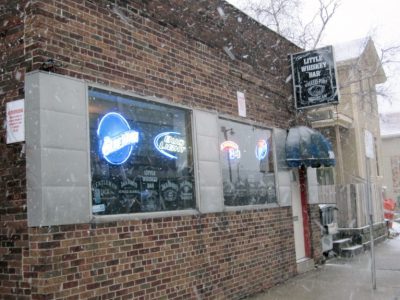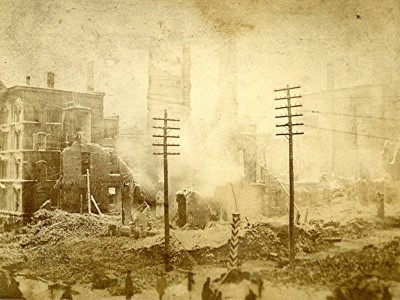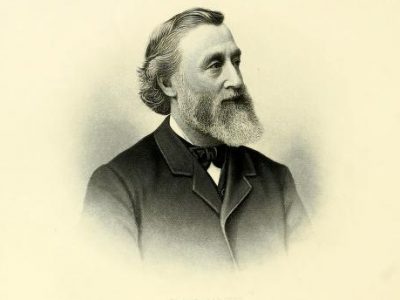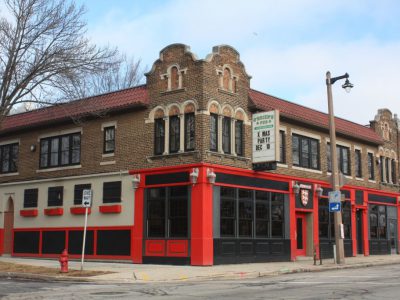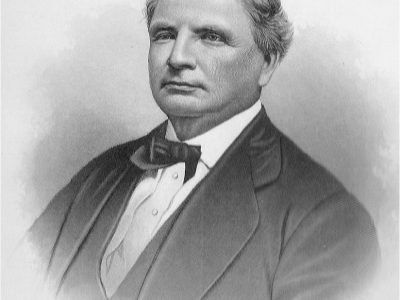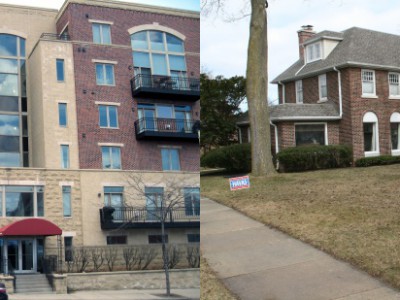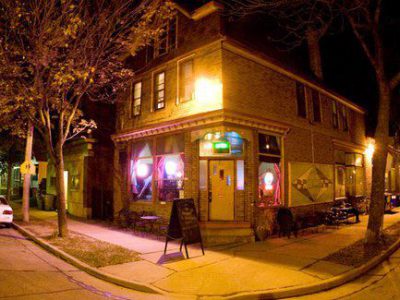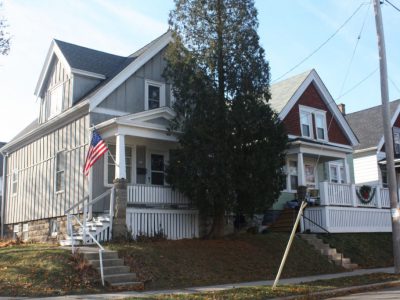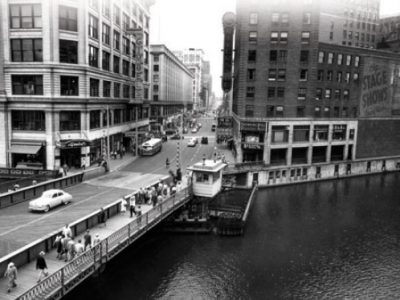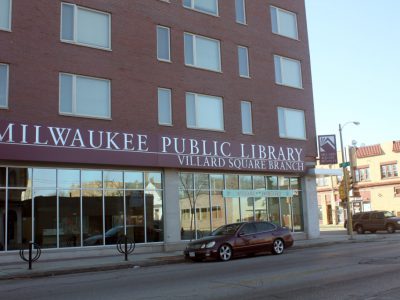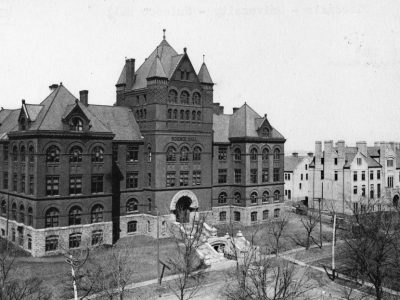History
Little Whiskey Bar Has Lots of It
Whiskey, that is. Venerable South Side bar is attached to 1870 mansion.
Mar 7th, 2017 by Michael HorneElliott Circle Is A Unique Oddity
City’s only full-circle street near 58th and North has pie-shaped lots, oddly numbered addresses.
Mar 6th, 2017 by Carl BaehrThe Dreadful Legacy of Charles Nash
His greed led to the horrible Newhall House fire. Yet a street still bears his name.
Feb 16th, 2017 by Carl BaehrMeinecke Paid For Street Named After Him
The lasting legacy of toy importer and German immigrant Adolph Meinecke.
Feb 2nd, 2017 by Carl BaehrRunaway Horses Plagued Vliet Street
Killing and injuring many in the 19th century. Then the streetcar arrived.
Jan 24th, 2017 by Carl BaehrThe Barons of Bay View
Wealthy businessmen Stephen Clement and Eber Ward founded Bay View, named many streets.
Jan 5th, 2017 by Carl BaehrThe Top 10 Stories of 2016
Readers' favorites? Stories about mansions, rich people, sports stars, politicians.
Jan 4th, 2017 by Michael HorneBremen Cafe’s Roots Go Back to 1895
Building began as bar in 1895 and much is still original in popular Riverwest bar.
Jan 3rd, 2017 by Michael HorneAuer Ave. Honors Eugenics Champion
Louis Auer did all he could to promote more births by the “superior” races.
Dec 15th, 2016 by Carl BaehrThe Shame of Milwaukee
How race baiting was used against Mayor Zeidler in 1956 campaign. Excerpt from new book.
Dec 12th, 2016 by Tula A. ConnellVillard Ave. Salutes City’s Transit History
So does Aldrich St. But these were two wildly different transportation companies.
Dec 1st, 2016 by Carl BaehrHow Wisconsin Invented Public Radio
In 1917 Wisconsin Public Radio began, becoming a model for NPR, others. Excerpt from a book.
Nov 29th, 2016 by Jack Mitchell
